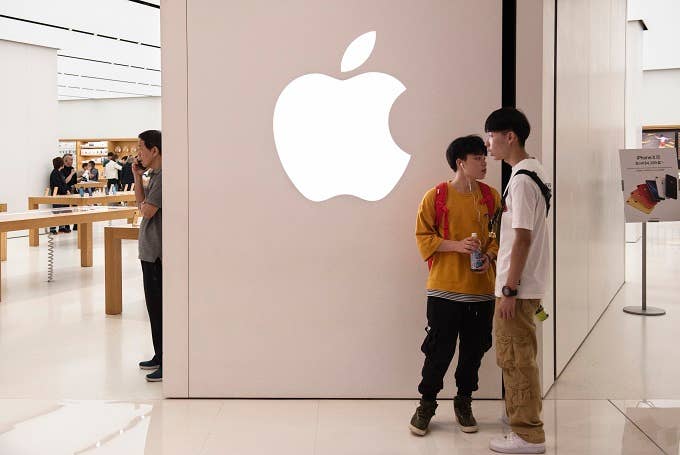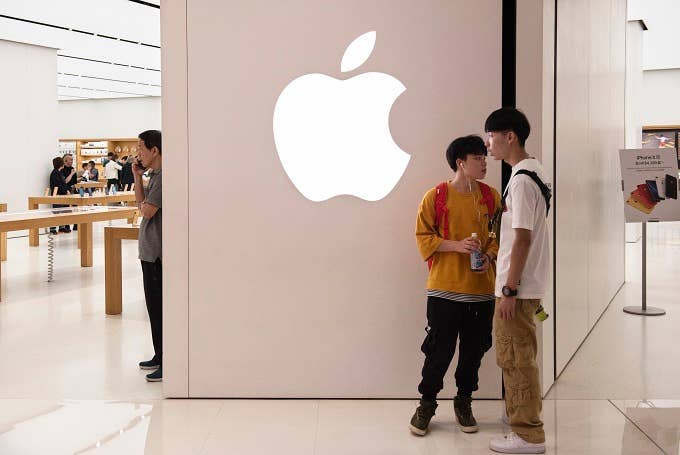
Apple is being sued by customers who claim that the company sold their iTunes data to third parties.
In a new class-action lawsuit filed on May 24, three iTunes customers claim that Apple violated several states' privacy laws by selling information on iTunes purchases to other companies.
The lawsuit uses the language of an Apple ad campaign touting their privacy features to point out that they believe the company was acting in bad faith.
“None of the information pertaining to the music you purchase on your iPhone stays on your iPhone," the lawsuit alleges, per Billboard. “The data Apple discloses includes the full names and home addresses of its customers, together with the genres and, in some cases, the specific titles of digitally-recorded music that its customers have purchased via the iTunes Store and then stored in their devices.”
The three plaintiffs, Leigh Wheaton, Jill Paul, and Trevor Paul of Rhode Island and Michigan, allege that Apple turns a tidy profit on the sale of user data without the consent of the people whose information they are selling.
"It does so at the expense of its customers’ privacy and statutory rights because Apple does not notify let alone obtain the requisite written consent from its customers prior to disclosing their personal information,” the lawsuit claims.
Apple claims it only collects "non-personal information," data without any signifiers that could connect them to an individual user. The lawsuit states that this is false. The suit states that the information can easily be connected to specific customers and then resold to marketers. The lawsuit is seeking $5 million in damages.
The lawsuit is yet another legal setback for the tech giant, which is staring down an antitrust lawsuit over its control of apps and pricing via its App Store. The Supreme Court allowed a lawsuit contesting Apple's monopoly power over applications to move forward in a 5-4 decision earlier this month.

